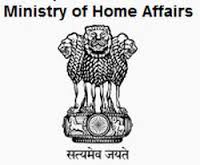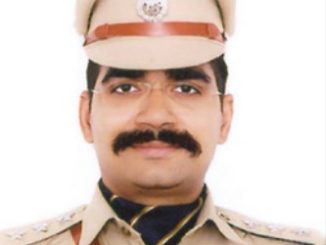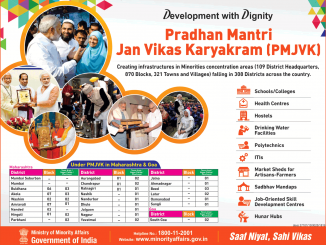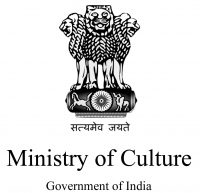
Union Home Minister and Minister of Cooperation Shri Amit Shah addressed the 49th All India Police Science Congress in Dehradun, Uttarakhand. In his address, he highlighted the significance of the Police Science Congress during the “Amrit Kal,” a period between 75-100 years of India’s independence designated by Prime Minister Narendra Modi. Shri Shah emphasized the importance of robust law and order, internal security, and border security for national development.
Key points from Shri Amit Shah’s address:
- Amrit Kal and National Goals: The period of Amrit Kal is a time for resolutions and accomplishments, and the government aims to make India a global leader in various fields by its centenary of independence.
- Changes in Every Sector: Significant changes have been implemented in every sector from 2019 to 2023 under the leadership of Prime Minister Modi.
- Police Science Congress Topics: Discussions during the congress will cover important topics such as Policing in the 5G Era, Narcotics-A Game-Changing Perspective, Challenges of Social Media, Community Policing, Challenges of Internal Security, and Coordination between Police and CAPFs-Security of borders.
- Jammu and Kashmir: Shri Shah mentioned the abrogation of Article 370 in Jammu and Kashmir, leading to reduced violence, increased development, and a positive impact on health, education, and infrastructure.
- Release of Publications: During the event, a Compendium of the 49th All India Police Science Congress, BPR&D’s Hindi Magazine – Police Vigyaan, and Uttarakhand Police magazine – Marching with the Times were released.
- Changes in Criminal Laws: The government introduced three new criminal laws in Parliament to replace IPC, CrPC, and the Evidence Act, bringing about much-needed reforms in criminal justice.
- Digital Initiatives: Various digital initiatives have been implemented, including the computerization of police stations, e-courts, e-prison, e-Prosecution, e-Forensics, NAFIS, iMOT, NDHTO, CRIMAC, and the National Crime Reporting Portal.
- Database Strengthening: The Home Minister stressed the importance of strengthening the criminal justice system based on a vast database, including CCTNS & ICJS, fingerprint records, and alerts.
- Digital Public Goods Security: Measures have been taken for the security of digital public goods, and the police need to prepare for challenges related to the protection of financial institutions.
- Counterterrorism and Coordination: Shri Shah called for a strategy of zero tolerance in counterterrorism and emphasized the need for increased coordination between various agencies.
- Challenges for Young Police Officers: Young police officers need to address new challenges such as the security of critical infrastructure, cyber security, social media monitoring, and continuous visa monitoring.
- Coordination and Association: There is a need to increase coordination between various police agencies and encourage police across the country to associate with Rashtriya Raksha Shakti University and Forensic Science University.
- Revival of Systems: Shri Shah emphasized the importance of reviving systems such as the beat system, parade, information gathering, and strengthening the Directorate of Prosecution.
- Counterterrorism Approach: Moving beyond the zero tolerance policy, there is a need for a zero tolerance strategy and zero tolerance action in the approach to counterterrorism.
- Coordination in Left-Wing Extremism States: States affected by Left-Wing Extremism should cooperate in efforts to establish base camps in forward areas.
The address reflects the government’s commitment to modernizing and strengthening law enforcement agencies, enhancing security, and adapting to emerging challenges in the digital era.







Leave a Reply
You must be logged in to post a comment.